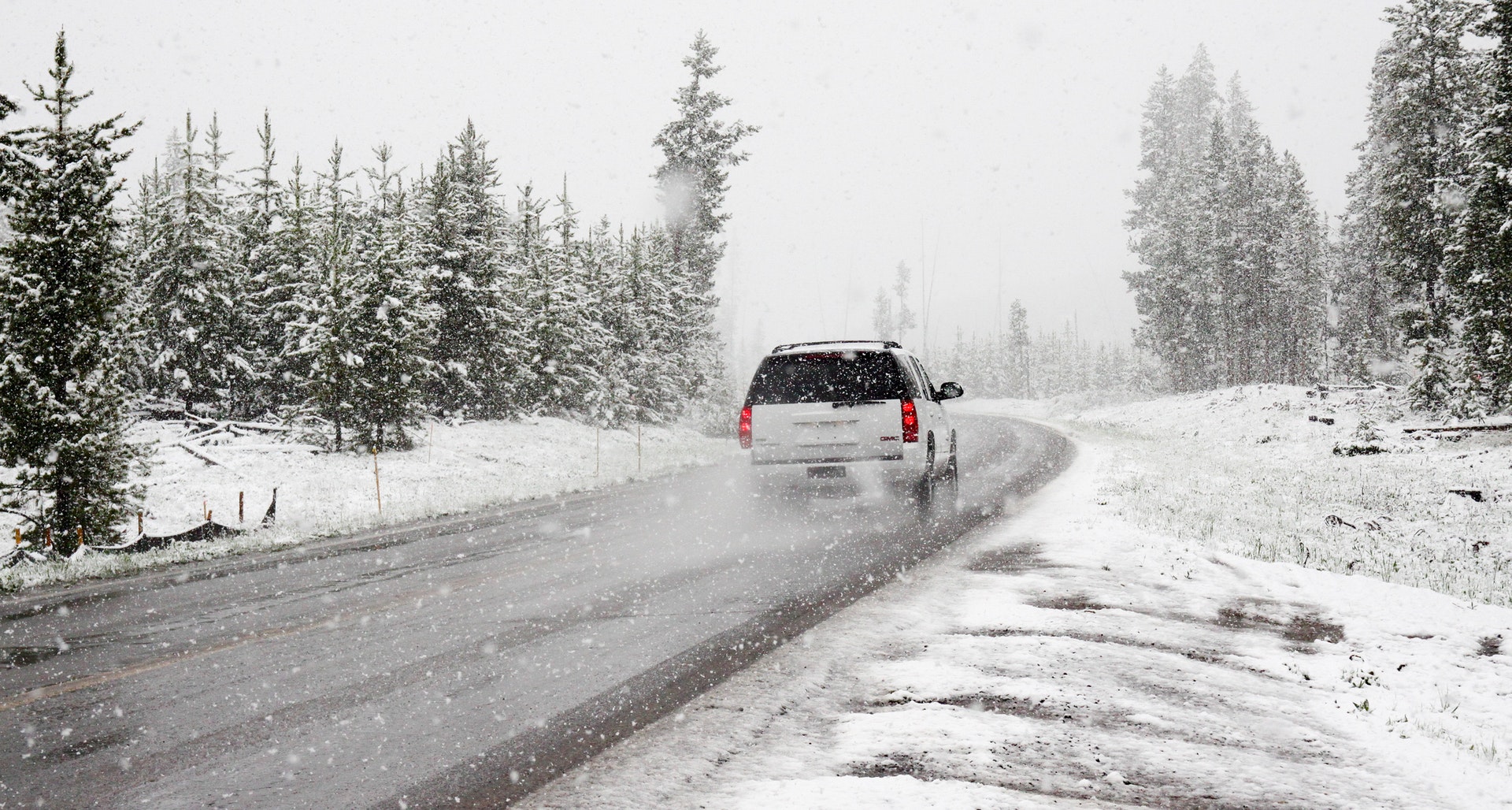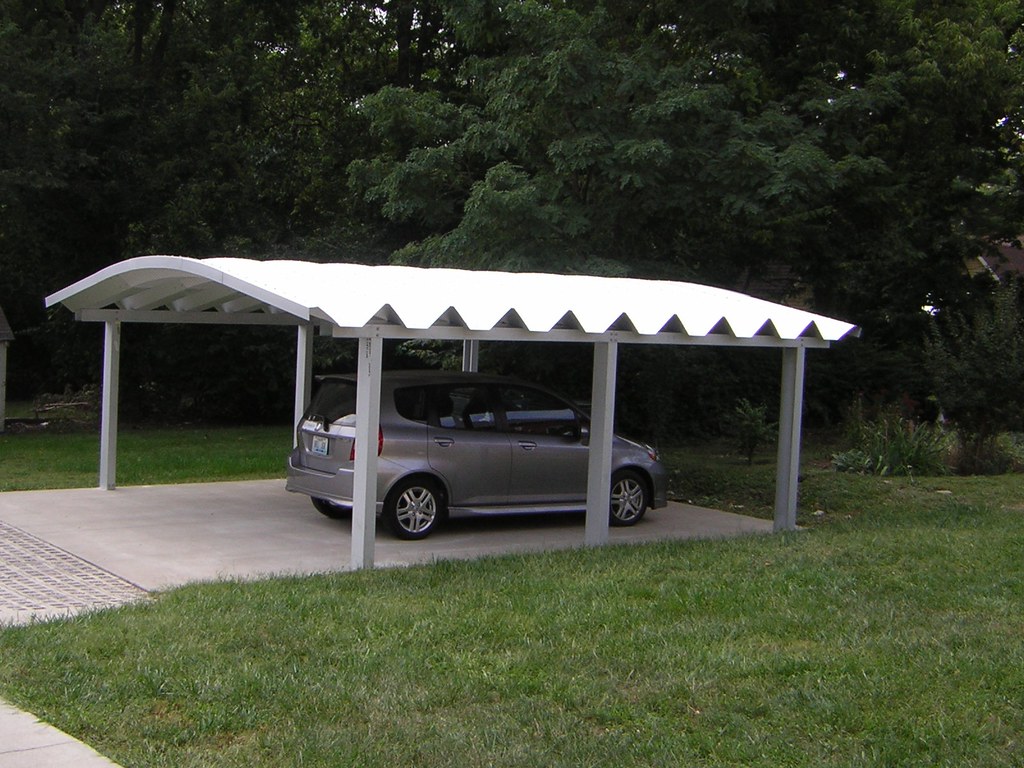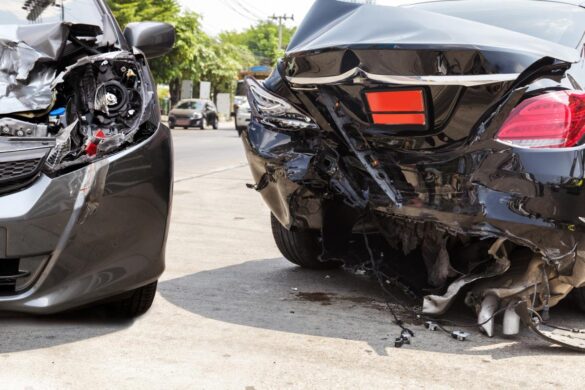
There is nothing more exciting and liberating to a teenager then learning how to drive a car. The freedom and discovery that comes with being behind the wheel are unlike anything they’ve ever experienced. As fun as this milestone is for both you and your teen, before you allow them to ride off into the sunset, it’s important that you teach them a few driver safety tips.
Sure, they learned the basic laws in Driver’s Education classes, they’ve learned the rules of the road through practicing, and they may even have their driver’s license already, but there are some things about driving that need to be drilled into their minds so that they remain safe. The following are a few things you want to inform your teen of before letting them drive:
Distracted Driving
Distracted driving is one of the easiest ways to end up in an accident. That’s why it’s important for parents to stress this to their teens. There are so many things that can take your child’s attention off the road. As you know, all it takes is a second for things to go terribly wrong.
Stress the importance of not using a cell phone while driving. You may even want to consider downloading an app that keeps the phone on silent and sends out automatic messages in response to text messages while your teen is driving. You also want to ensure they know to drive with the music at a reasonable level so they can hear what’s going on around them. Lastly, limit the number of friends they can have in the car at once as the noise from the back seat can also be a distraction to teens who already have short attention spans.
Impaired Driving
It is during this time in their lives that your teenagers will push their limits. They’re trying to learn who they are and fit in with their peers which can be complicated these days. As such, they could easily be tempted to experiment with drugs and alcohol.
Doing this at any time is detrimental to their health, but getting behind the wheel while they’re high or drunk could cost them their lives or land them in serious legal trouble. Talk to your teen about avoiding drugs and alcohol – especially when they’re driving. If you believe your teen has a drug or alcohol problem, do not let them operate a vehicle, but instead, consider getting them teen treatment for substance abuse.
What to Do in an Accident
Though the hope is that your teenager gets to and from all of their destinations without being harmed, the reality is that accidents happen every second. Should your child be involved in a car accident, you want them to know how to handle themselves. Be sure that you inform them of where your car insurance and registration are located. Discuss the importance of not fleeing the scene or admitting guilt. Then, give them steps on what to do including getting license and insurance information from the other driver, contacting the authorities to file a police report, taking pictures of the vehicle damage and accident scene, and getting to a doctor for medical attention (even if they don’t feel they need it).
What to Do At Traffic Stops
Every parent hopes that their teenagers will be responsible drivers and obey the traffic laws, but you never know what could happen. Should they be stopped by a police officer, it is ideal that you explain to them what to do so no one gets hurt. Those flashing lights and loud sirens can cause an adrenaline rush that persuades your teen to do something careless.
So, talk to them about pulling over to the side of the road and putting the car in park. Express that they shouldn’t move until the officer asks them for their license, registration, and insurance. Lastly, inform your teens that they should never try to bribe or argue with an officer – even if they feel they did nothing wrong as this can cause matters to escalate fairly quickly.
The idea of your child behind the wheel of a car is both exciting and scary all at the same time. Before allowing them to drive unsupervised, be sure that you have gone over all of the above information to ensure they remain safe and out of trouble.







